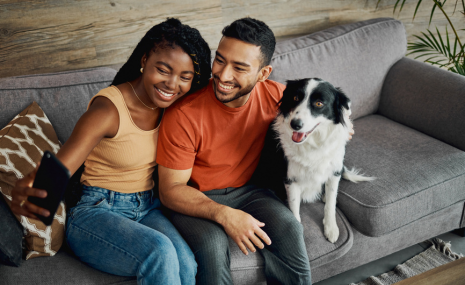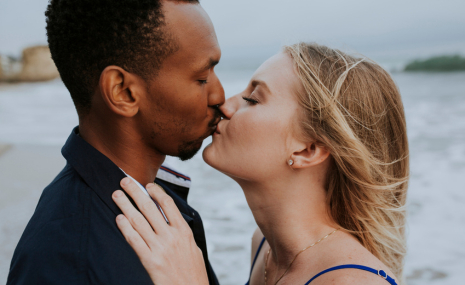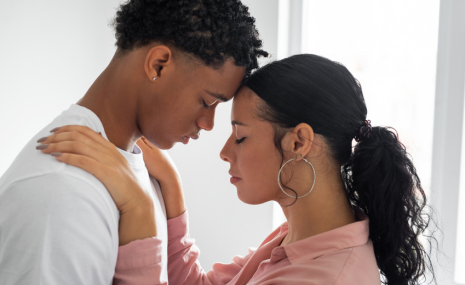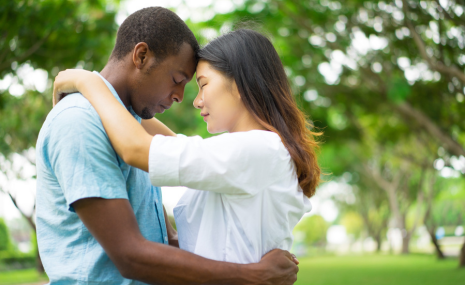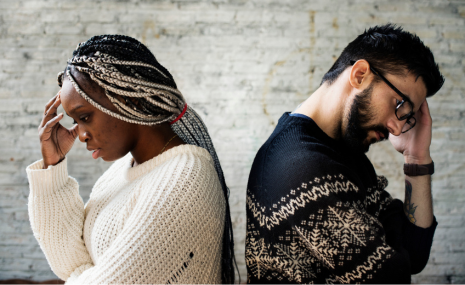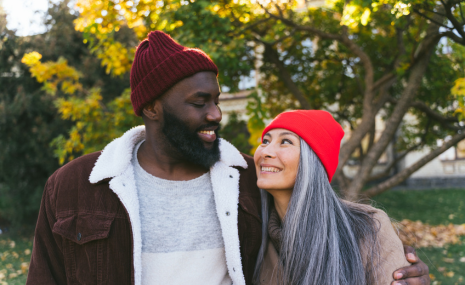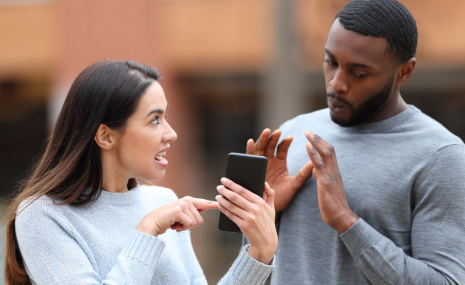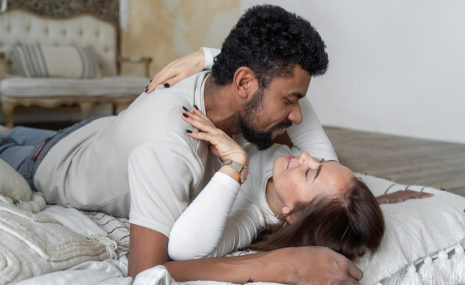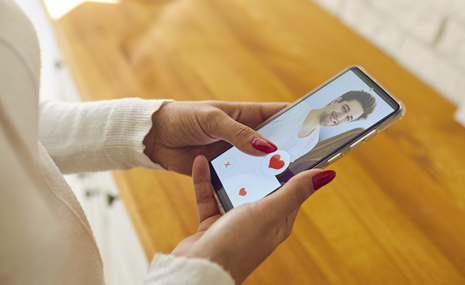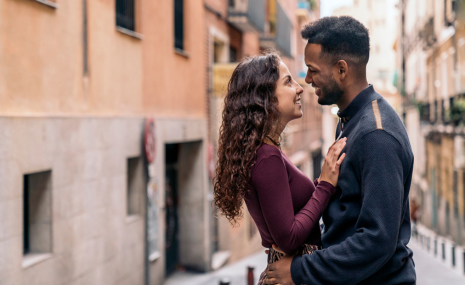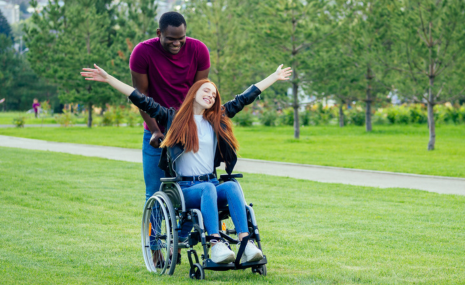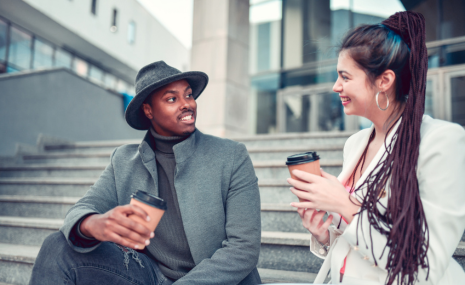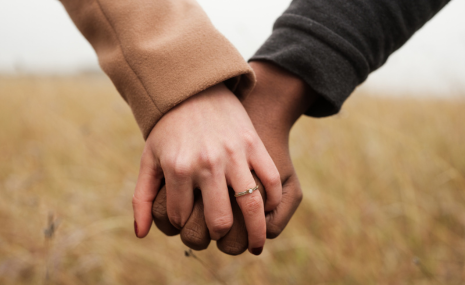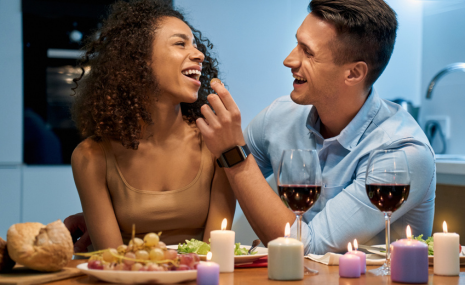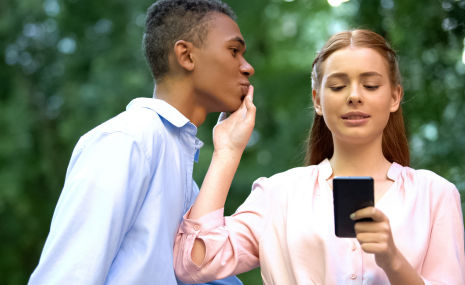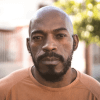Speaking up: How to deal with bigots in your everyday life
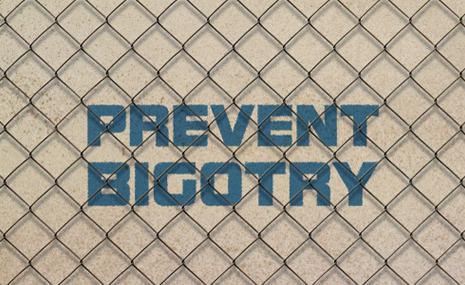 In a world that is increasingly divided, you might be forced to deal with bigots as you conduct your daily affairs. So what is a bigot? Racist vs bigot – Are these similar terms? Should you keep a relationship with someone who is a bigot simply because that is their only flaw and they are nicer in other ways? Today, I explore this rather sensitive topic about race relations in the world, based on some of the experiences I have had. Let’s dive in…
In a world that is increasingly divided, you might be forced to deal with bigots as you conduct your daily affairs. So what is a bigot? Racist vs bigot – Are these similar terms? Should you keep a relationship with someone who is a bigot simply because that is their only flaw and they are nicer in other ways? Today, I explore this rather sensitive topic about race relations in the world, based on some of the experiences I have had. Let’s dive in…
What is bigotry
Find your soulmate on Swirlr










In the world of the social media boom, people are becoming more outspoken. It’s like people are not scared to blubber and comment or backlash anyone online. Most people are behind their screens anonymously. So this has brought about a generation of people who feel that they now have the freedom to say whatever they wish behind their electronic communication gadgets. People don’t care about what they are saying or how hurtful their comments can be to others. And with such freedom, we get to see those among us who are bigots.
So, what is bigotry?
Bigotry is a person’s intolerance to other people’s ideas, opinions races and the stubborn devotion to one’s own prejudices. The people categorized under this term usually regard or treat members of a specific group with hatred. Usually, these are racial, ethnic, religious groups and even the LGBTQ.
There are different types of bigots based on what you are intolerant to. We can find racial bigotry, religious bigotry… Basically, bigotry is simply any intolerance or prejudice one might have. However, when the term is used, most people automatically think along the lines of racial bigotry.
Racist vs bigot? Where does the difference lie?
A racist is a person who solely believes in the superiority of one race over others. It also refers to discrimination and prejudice that one directs against others because they come from a different race. A bigot on the other hand generally refers to a person who is intolerant to and has no respect for the views, opinions or beliefs of a particular group that are different from his own.
Speaking up about bigotry
Bigotry is an ugly thing and that can highly be spotted in this era of technological advances and social media. The thing is, there are bigots who live among us. When a neighbor or friend casually uses the N-word casually are you supposed to ignore that. When you do something then someone says, ‘that is so gay’, are you going to just sit there and laugh uncomfortably about it?
The thing is: people are becoming very ruthless with every passing day. And you can’t just make excuses for bigots and give them a pass for their intolerance. We need to be speaking out about this thing. There is nothing funny about insinuating that all Muslims are terrorists. No matter the kind of relationship you have with the person, aunt or mother, you need to call the person out.
Bigots are the kind of people who can be so mean and they are the reasons for most teen suicides. Gay couples are sometimes persecuted. Interracial couples are always attacked, no matter their standing in society. I remember one day watching Oprah and seeing the infamous “Sister Sister” star, Tamera Mowry, break down on TV because of the harassment she had been receiving online for marrying Adam Housley, a white man. People were calling her a white man’s wh*re.
How to deal with bigots
The only way to deal with bigotry is to speak up. Unfortunately, we live with some. We interact with many of them in our day to day lives. They are our friends, our neighbors, our parents, and relatives, they are the closeted racists, homophobes and sexists we live with. They are those funny comedians we follow on the net every day and laugh at their intolerant jokes.
You can have these arguments with people and they will brush it off as a joke. What is funny about making fun of someone’s sexual orientation even if they are not present. Comedian/actor Kevin Hart had to step down as Oscars 2019 host over the anti-gay controversy. He was called by the Academy and asked to apologize to the LGBTQ community for his homophobic remarks. And apologize he did saying:
“I sincerely apologize to the LGBTQ community for my insensitive words from my past.
"I'm sorry that I hurt people... I am evolving and want to continue to do so. My goal is to bring people together not tear us apart.”
Now that is how you deal with bigotry. Straight up.
Does encouraging and associating with bigots make you a bigot?
It’s hard to have a good relationship with someone when you fundamentally differ on moral or racial grounds. And most of us end up getting caught up in the middle. Is one supposed to just ignore the racist relatives or bigoted friends just because they have that ‘small flaw’ but are generally good people? Should you go right ahead, call them out and cut ties with them?
Calling out people who are closest to you is the hardest. And in my experience, I have crossed with most people because of this. People just don’t want to call a spade a spade. Some of my friends would even excuse bigotry saying, “I don’t think so and so meant to be intolerant. It’s probably just a misunderstanding.” I go by one rule. If someone got offended or hurt, then one needs to sincerely apologize for it. Sometimes our views are shaped by the societies and families we live in and some of these comments we make might be embedded in us deeply.
One thing about those people who encourage and associate with bigots is that it also makes them bigots. These are just people hiding their prejudices. You can only stand and watch a prejudiced person attacking someone else if you are bigoted yourself. You can only laugh at a racist joke if you are also racist.
Let the conversation continue
The thing is, we like hiding a lot. We lie to ourselves and call ourselves colorblind. We like to ignore racism when we see it happen in front of us in the name of avoiding to appear confrontational. When there are round tables that are tackling bigotry openly, these need to be applauded.
We need to teach our children how to identify incidences of intolerance in their day to day lives and speak up. We need to teach them to be brave enough to be themselves without someone else shunning their beliefs and opinions. And we also need to teach them at an early age, about respecting other people’s beliefs and opinions regardless of their race and religion.
We are a melting pot. People come from different backgrounds. People hold different political and religious views. We are made up of various races. And we all live in this one world. So why can’t we find a way to coexist?
Let’s hope that we can all speak out about this vice and call out those harassing others, no matter the platform they are on.
For related articles on race relations, visit Love is All Colors.
Responses to "Speaking up: How to deal with bigots in your everyday life"
Be the first to leave a comment
You must be logged in to post a comment.












